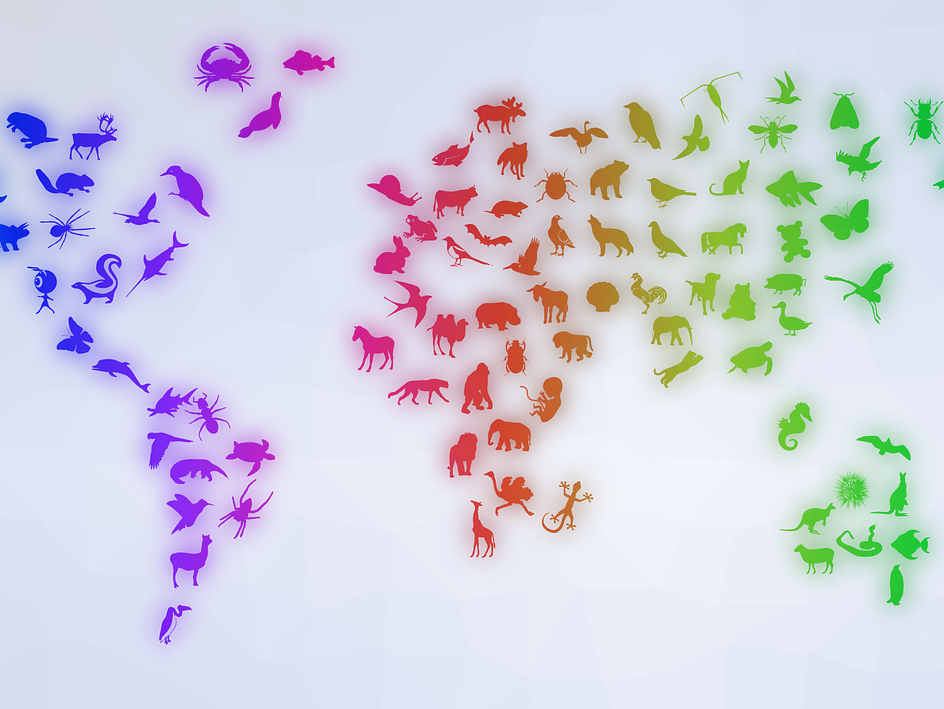Climate change can have indirect harmful effects, such as causing changes in the patterns and intensity of infectious diseases in wild animals. This could also raise the risk that diseases from these animals could spread to humans. However, little is known about how climate change affects the disease risks for different hosts and bacteria, viruses, fungi, and parasites.
Jeremy M. Cohen, University of South Florida, Tampa, USA, and University of Wisconsin–Madison, USA, and colleagues have investigated how disease risks are affected by temperatures across the globe. The team collected data from more than 7000 wildlife populations and over 2000 host/parasite combinations using existing published surveys. The data included different types of diseases and host species (amphibians, birds, fish, insects, mammals, and reptiles), and it covered both terrestrial and freshwater ecosystems. They also collected weather data from the time and location of the respective surveys and long-term climate data of the studied regions.
The team found that on average, hosts from cool climates have higher infection risks at abnormally warm temperatures and hosts from warm climates have higher infection risks at abnormally cool temperatures. This effect is known as the “thermal mismatch hypothesis”. Cold-blooded animals are affected worse than warm-blooded animals, and nonmigratory species experience larger effects of thermal mismatch than migratory animals.
The team used the data to predict where the risk of animal infectious diseases might change the most. Their model suggests that climate change could shift infectious disease in animals away from the warmer regions and into the cooler regions of the planet. The predicted increases in infectious disease at cooler locations outweighed the decreases at warmer locations. This could lead to a higher risk of emerging infectious diseases with a wildlife origin.
- Divergent impacts of warming weather on wildlife disease risk across climates,
Jeremy M. Cohen, Erin L. Sauer, Olivia Santiago, Samuel Spencer, Jason R. Rohr,
Science 2020, 370, eabb1702.
https://doi.org/10.1126/science.abb1702



